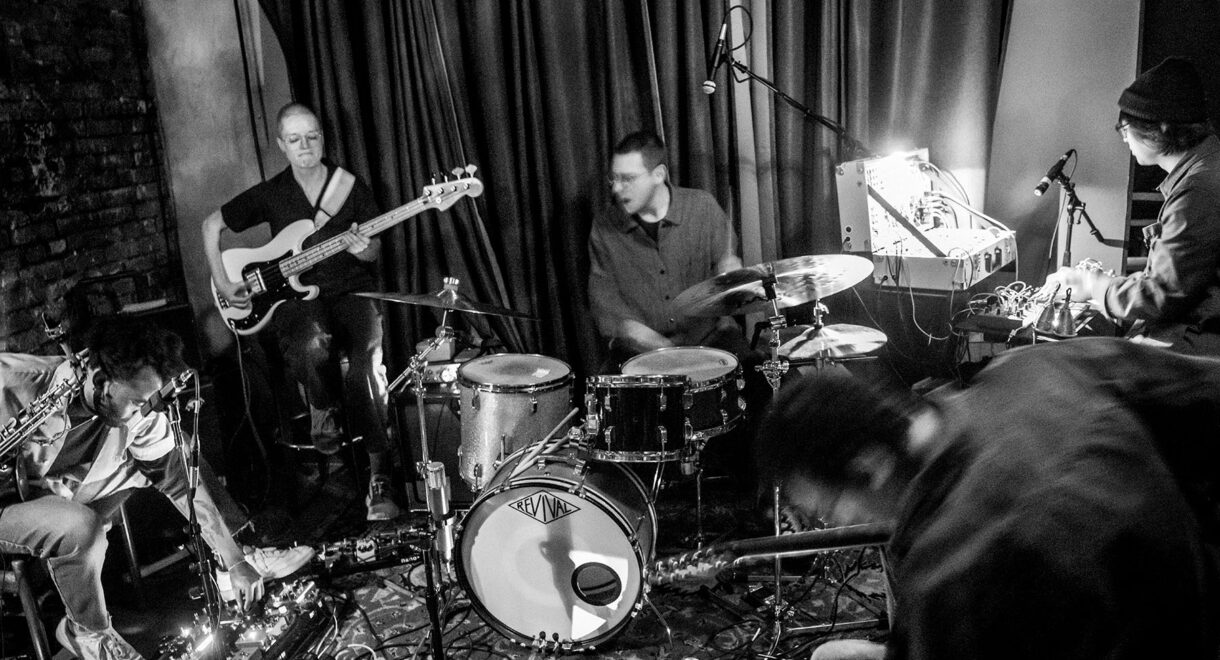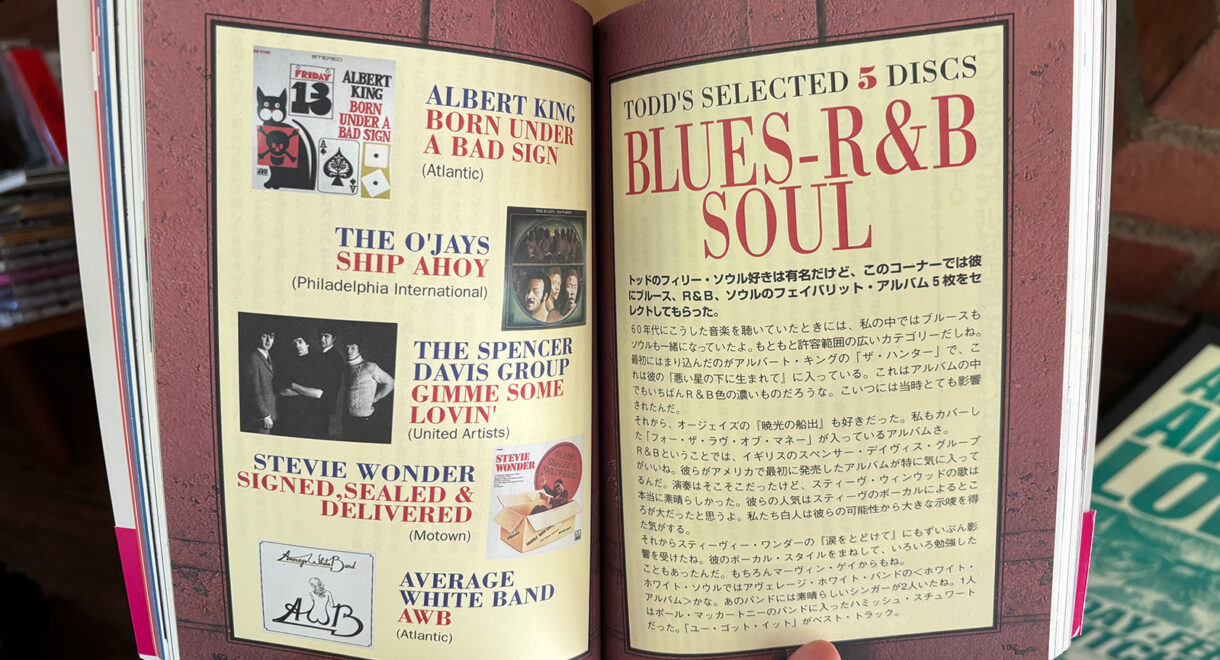Good Smooth Jazz from Pat Metheny, 101 North (George Duke), Craig T. Cooper, Ben Tankard, and more! One of the most hated and controversial genres around, Smooth Jazz […]
Wandering Spirits: Beyond the World of Herbie Hancock’s Mwandishi

Celebrating 50 years of Mwandishi with a retrospective on the albums beyond the group’s legendary trilogy.
Herbie Hancock’s electronics-heavy free jazz group Mwandishi has in recent years attained almost mythical status in the jazz world. The trilogy of albums they released in the early 70’s have become prized possessions among collectors, and many fans cite the group as one of their favourite ensembles. Musicians including Pat Metheny, Bobby McFerrin, and members of King Crimson all credit Mwandishi as a major influence on their work, and in November Nate Chinen and Greg Bryant dedicated an entire episode of their Jazz United podcast to the group.
Mwandishi, Crossings and Sextant have always been in heavy rotation at In Sheep’s Clothing.
This year marks the 50th anniversary of Mwandishi’s self-titled debut album. To celebrate, we’ve compiled a short list of records beyond the group’s three releases. Each album on this list includes multiple members of the band and captures much of the same free, experimental energy that made the group’s music so special.

Buddy Terry – Pure Dynamite (1972)
This album seems to be a bit slept-on but we think it ranks with the best of the fusion-leaning post-bop records of the early 70’s. Pure Dynamite features Mwandishi members Billy Hart, Buster Williams and Eddie Henderson along with a cast of fusion legends including Return to Forever bassist Stanley Clarke, Weather Report percussionist Airto Moreira and the great James Mtume (who was a major influence on the Mwandishi band). The psychedelic and free sound on this record reminds us a lot of early Mwandishi, just with busier brass textures and less tape echo.

Catalyst – Perception (1973)
“The Funkiest Band You Never Heard Of,” Catalyst was a jazz quartet from Philadelphia made up of Eddie Green (keyboards, vocals), Sherman Ferguson (drums, percussion, marimba), Odean Pope (sax, flute, oboe) and Tyrone Brown (bass). Many credit the group as being one of the earliest “fusion” bands. Their second album Perception is something of a rare groove holy grail and features Mwandishi members Billy Hart on percussion and Patrick Gleeson on ARP synthesizer. Check the opening track “Perception” for Gleeson’s signature whirling modulations.
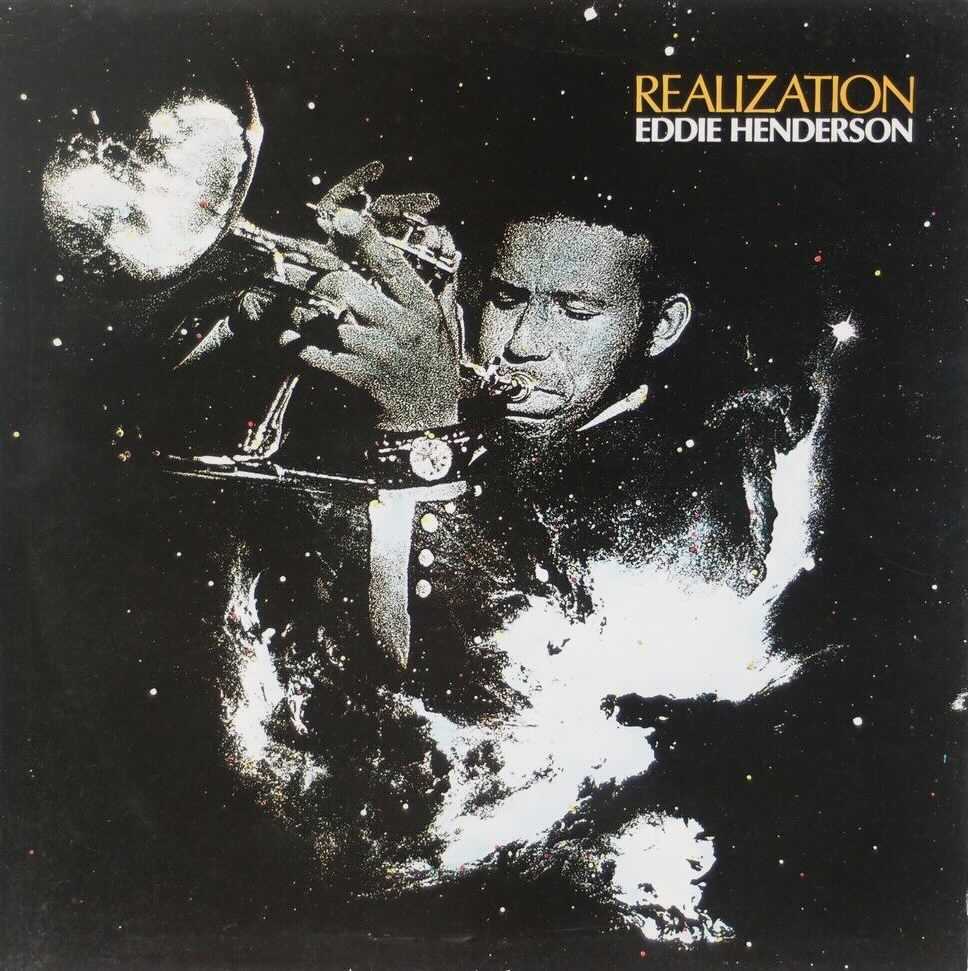
Eddie Henderson – Realization (1973)
Essentially an extension of the Mwandishi trilogy, Eddie Henderson’s Realization expands on the double drummer sound featured on “Ostinato (Suite For Angela)” off of Mwandishi’s debut. You’d think having two drummers playing would be a bit over the top, but Billy Hart and Lenny White in fact complement each other and succeed in adding a whole new dimension to the group. The two often play off of each other, setting up a sort of rhythmic call and response that at times creates an almost echo-like effect. It’s exhilarating, beautifully chaotic and perfectly in line with the Mwandishi vibe. The follow-up Inside Out is well-worth checking out as well.
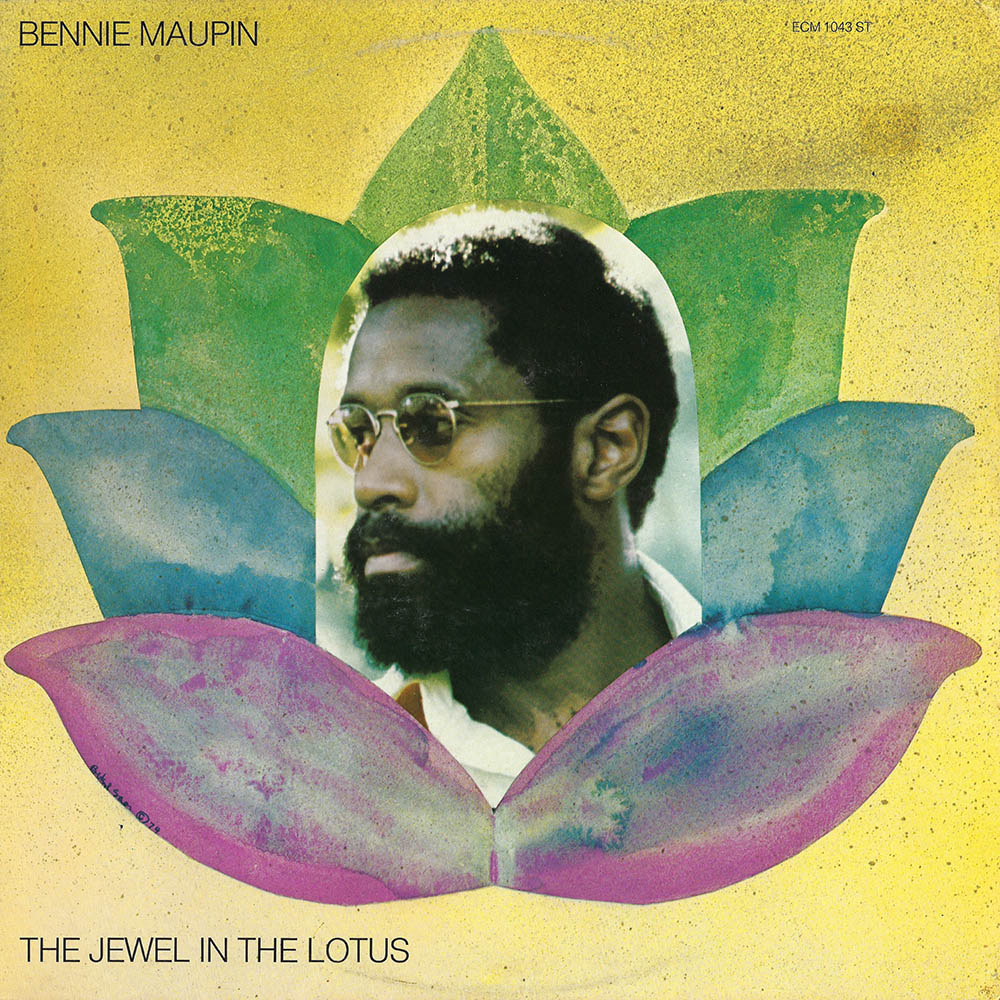
Bennie Maupin – The Jewel In The Lotus (1974)
The most spiritual album on this list, The Jewel In The Lotus takes its name from the Buddhist chant “Om Mani Padme Hum” which centers on the journey and transformation of the lotus flower. Herbie Hancock, Bennie Maupin, and Buster Williams had all become lifelong adherents of Buddhist teachings by the end of the Mwandishi years and the influence is clear on this album. Pitchfork’s Shuja Haider wrote a brilliant piece on this album that you should check out here.
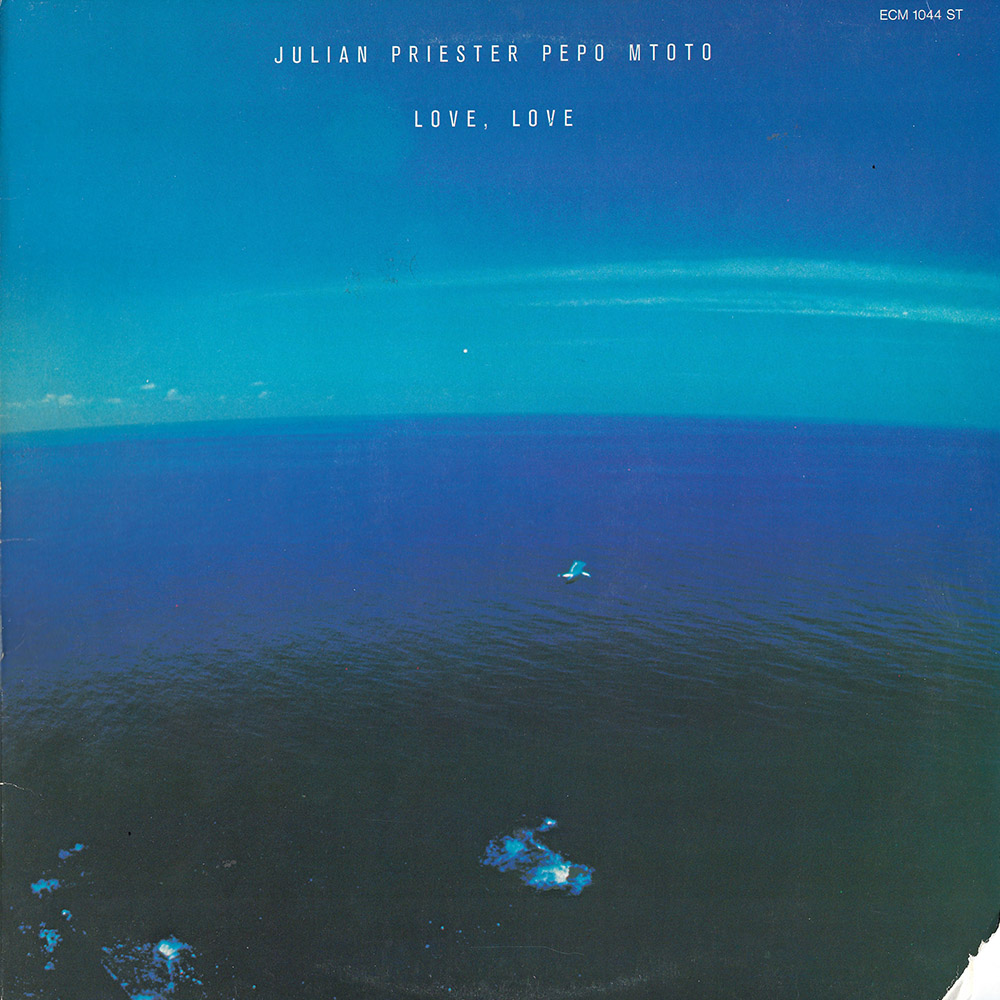
Julian Priester Pepo Mtoto – Love, Love (1974)
Recorded shortly after Mwandishi broke up, Love, Love continues right where the group left off with two long tracks of deep, twisted avant-garde fusion. The Mwandishi tradition of adopting Swahili names continues here with “new” members “Nyimbo” Henry Franklin, “Mguanda” David Johnson, and “Bayete” Umbra Zindiko. Franklin’s repeating bass groove on the title track makes this possibly the funkiest release on ECM, while Return to Forever’s Bill Connors adds a new flavor to the Mwandishi sound with his shrieking guitar.

Buster Williams – Pinnacle (1975)
Similar to Love Love, Pinnacle by bassist Buster Williams is another Mwandishi “continued” album, but perhaps in spirit only. Mwandishi drummer Billy Hart joins in here, but Williams brings in new players such as pianist “Onaje” Allan Gumbs and vocalist Suzanne Klewan to present a fresh perspective to the Mwandishi sound. The result is a bit more structured and soulful, but still complete magic. We’re especially into Onaje’s cosmic, echo-heavy keyboard work on opener “The Hump.”





